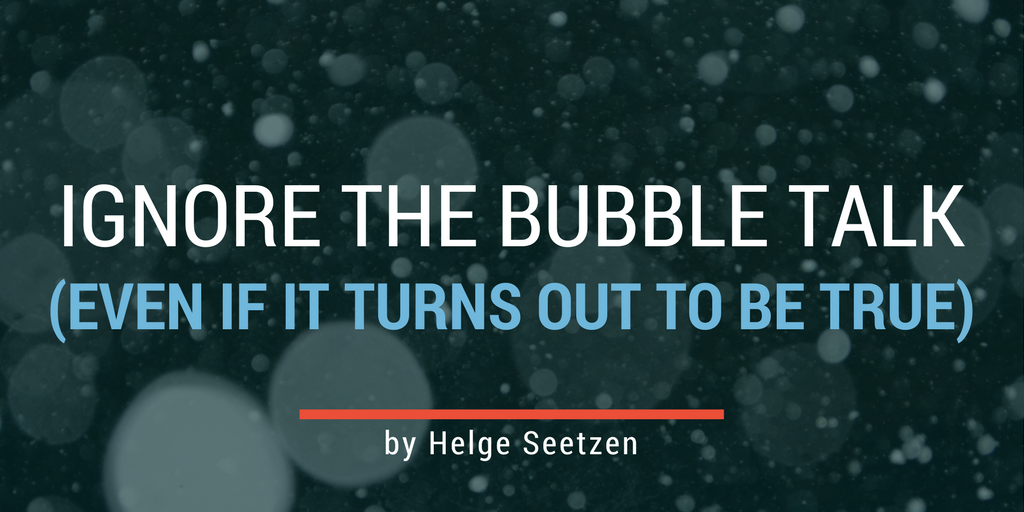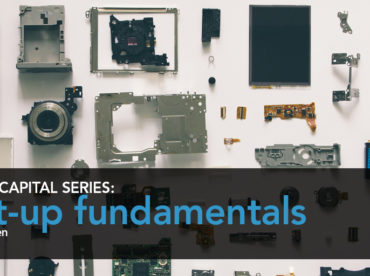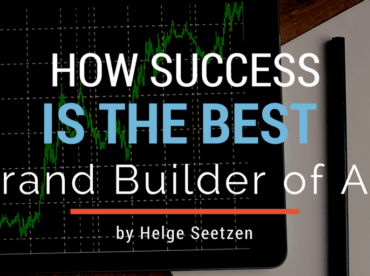There is a lot of talk about bubbles these days. Some experts argue strongly that we are in the middle of a huge social media/web2.0 bubble; some argue that the availability of billions of users justifies the sky-high valuations (and even provide tools to work in the Bubble). Personally, I think the whole debate is misguided because it lacks both actionable conclusion and is held by the wrong people.
Let’s take that statement in two steps. Why are actionable conclusion important? As a physicist I am conditioned to look for theories with predictive power, but the bigger issue is that the recommended behaviour in a Bubble depends almost entirely on timing. Lots of people made money with Madoff – a pyramid scheme with a lot less sophistication than a true economic bubble. Go up with the rise and cash out before everything comes apart at the seams. Knowing that you are in a Bubble therefore doesn’t actually help at all in decision making if you don’t know the endpoint. Whether you believe in the Bubble or not, the best course is to keep the foot on the gas pedal and build a strong business.
It is therefore natural that a lot of pundits and economic leaders focus on the mechanics of Bubble creation to see if they can somehow infer the endpoint. That brings me to the second part of my statement above. I believe that leaders *cannot* predict the end of a Bubble. Not because they can’t grasp the macro-economic complexity, or lack the intelligence, or even lack data. They are simply the wrong people to do the analysis.
Bubbles are created by the belief of informed leaders and burst by the disbelief of the uninformed masses.
Bubbles require genuine belief of a large group of experts and leaders. They need to be convinced that eyeball counts will rise forever, that real estate will keep going, and that the growth potential of Facebook users is near infinite. And they will be convinced. They will come up with lots of analysis to protect their viewpoints and their belief will get more profound with every passing minute.
I don’t buy into conspiracy theories or casual condemnation of entire industries as morally corrupt. That’s just too complex an explanation to satisfy the law of parsimony. Genuine belief is the simplest theory, especially since leaders are by their very nature believers (especially start-up leaders).
The problem is that leaders don’t burst Bubbles. That power is given to the much less informed masses. They will be dragged along for the ride for a while, but real world pressures will catch up with them sooner or later. Money will run out, time spent on Facebook will become too valuation and so forth. And pop goes the Bubble. Very suddenly; very quickly; and, most importantly, totally unpredicted by the community of leaders and expert. The executives at Pets.com didn’t expect the end of the last tech bubble and, if asked a day before, would have exposed deeply held confidence in their economic future. Asking them is therefore pointless.
In short, ignore the pundits. At the micro-level do exactly what Brad says: Invest and build good businesses. There is just no better alternative path.
If you want to understand the macro-economic trends then study social sciences and economics (and resign yourself to the fact that neither discipline can predict anything worth predicting).



